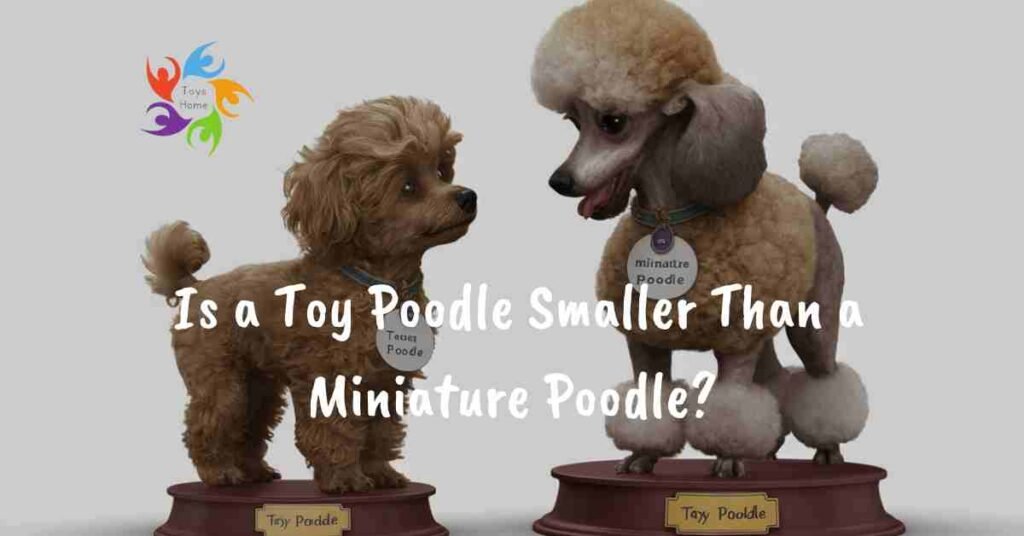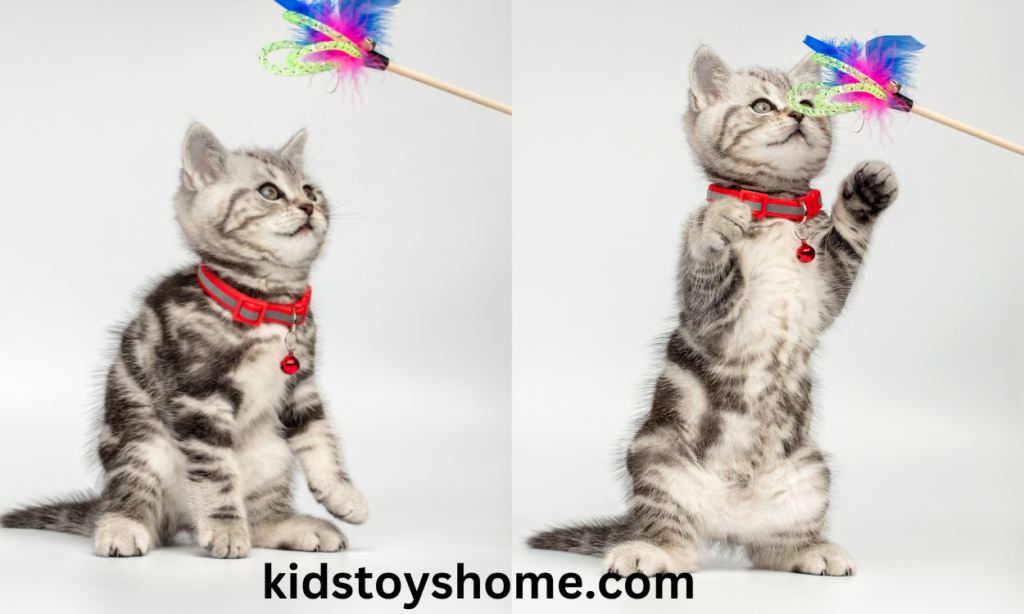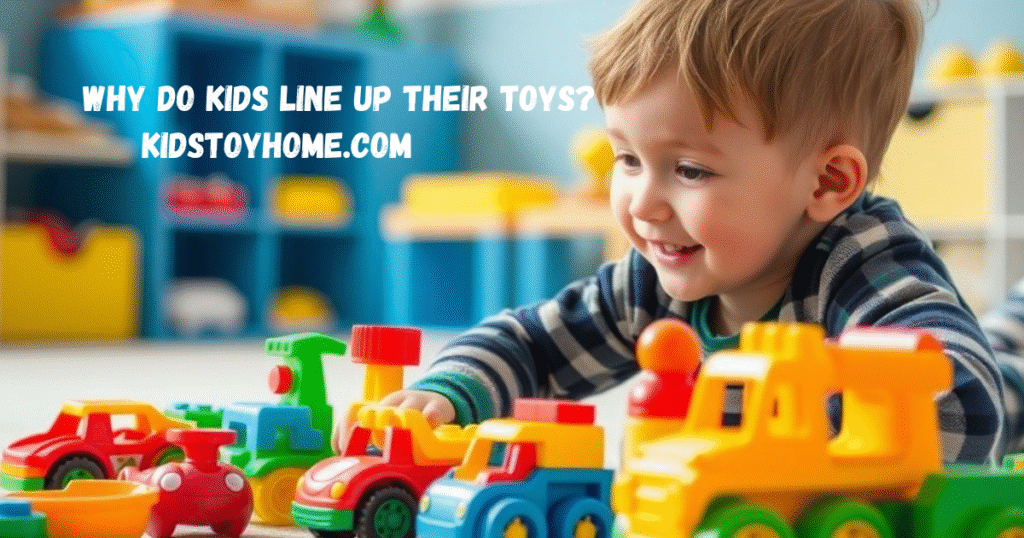Finding the perfect gift for animal-loving kids can be a delightful challenge. Fun and educational gifts not only spark joy but also nurture their curiosity about the animal kingdom. From interactive wildlife books to animal-themed puzzles, these presents offer endless opportunities for learning and play.
Animal-themed gifts that promote education can spark a child’s imagination and expand their knowledge. Consider a set of animal figurines for role-playing or a nature exploration kit for observing local wildlife. These toys entertain while helping develop critical thinking and empathy.
For kids who love animals, gifts that blend fun with education are a dream come true. Board games featuring animal habitats or interactive apps teach animal facts while captivating young minds. Such gifts encourage exploration and learning, fostering a deeper understanding of wildlife.
The Importance of Nurturing Children’s Love for Animals

Nurturing children’s love for animals is crucial for their development, as it fosters curiosity about the natural world. Educational gifts can subtly introduce children to different species and ecosystems, broadening their understanding of the planet. This love for animals promotes empathy, helping them care for other living beings.
Encouraging a passion for animals also teaches responsibility as children learn to protect and conserve nature. By instilling these values, we shape a generation that values education and is committed to conservation efforts. This ensures a healthier world for all and empowers children to make positive environmental changes.
Overview of Fun and Educational Gifts for Animal-Loving Kids
Fun and educational gifts for animal-loving kids serve the dual purpose of entertainment and learning. For 9-year-olds, animal-themed puzzles and interactive wildlife books can spark curiosity and teach basic facts about different species. These gifts encourage exploration and provide a solid foundation for understanding animals.
Eleven-year-olds might enjoy science kits that explore animal habitats, fostering a deeper understanding of conservation. For 12-year-olds, consider board games that simulate ecological challenges or apps that provide virtual wildlife adventures. These gifts engage young animal lovers and promote conservation awareness. They inspire kids to appreciate and protect the natural world.
Understanding Animal Lover Kids
Animal lover kids are curious and compassionate. They are naturally drawn to animals and enjoy learning about them. Their passion often leads to exploring books, videos, and games about different species. This curiosity helps them understand the importance of conservation and protecting wildlife.
By supporting their interests, we can nurture their love for animals and encourage them to become future conservationists. Providing educational experiences and animal-themed activities helps them connect with nature and develop empathy and responsibility. Understanding these kids means recognizing their unique perspective on the world and fostering their desire to make a positive impact.
Characteristics of Animal-Loving Kids
Animal-loving kids share unique characteristics that set them apart. They are naturally curious and have a deep empathy for living creatures. Their love for animals often drives them to learn more about the natural world. They enjoy activities like observing wildlife, reading animal books, and playing with animal-themed toys.
These children often show a strong sense of responsibility and compassion, as they are keen to protect and care for animals. Their passion for animals can inspire a lifelong commitment to conservation and the environment. Understanding these traits helps us support and nurture their interests.
Empathy Towards Animals
Fostering empathy towards animals in children is crucial for nurturing a sense of responsibility and understanding of the natural world. Educational gifts play a vital role in this process, as they can introduce kids to the lives of various animals and the challenges they face. By learning about endangered species and their habitats, children become more aware of the importance of conservation efforts.
These gifts can inspire them to care for the environment and advocate for animal protection. Understanding the struggles of wildlife helps kids develop empathy and encourages them to support conservation initiatives. By nurturing this empathy, we can raise a generation committed to protecting animals and their ecosystems.
Interest in Wildlife and Nature
An interest in wildlife and nature is a key aspect of a child’s development and can profoundly shape their understanding of the world. This fascination often leads to a deeper appreciation for animals and their habitats.
Exploring nature through educational activities and experiences helps children connect with the environment and fosters a sense of wonder. By encouraging this interest, we can inspire a lifelong commitment to protecting wildlife and conserving natural spaces.
Benefits of Encouraging Animal Interests

Encouraging animal interest in children offers numerous benefits, starting with stimulating their curiosity about the natural world. This fascination helps them explore and learn more about animals and their habitats.
Developing a passion for animals leads to continuous learning about conservation, wildlife, and ecosystems, providing a solid foundation for understanding complex environmental issues. As children delve into these topics, they cultivate empathy towards endangered species and a deeper respect for nature.
Development of Motor Skills Through Hands-On Activities
Hands-on animal activities are excellent for developing motor skills in children. For instance, training a dog with a bell combo or using the Backyard Safari critter shack and bug vacuum enhances fine motor skills as children engage in interactive play. These activities promote exploration and interaction with their environment, fostering both learning and physical dexterity.
Fostering Curiosity About the Animal Kingdom
Gifts inspired by animals can significantly boost children’s curiosity about the animal kingdom. They provide lessons on species diversity, habitats, and conservation, enriching understanding of nature. For instance, animal figurines and wildlife-themed books serve as fantastic tools for fostering interest and engagement.
Gift Categories for Animal Enthusiasts
When choosing gifts for animal enthusiasts, exploring various categories that cater to their interests is helpful. From interactive educational toys and wildlife-themed books to creative crafting kits and outdoor exploration gear, numerous options can delight and inspire. Each category offers unique ways to engage with animal interests, whether through hands-on learning, imaginative play, or real-world exploration. Understanding these categories can help you select the perfect gift to nurture your passion and curiosity about the animal kingdom.
Stuffed Animals
Stuffed animals offer a delightful variety of choices and hold significant meaning for children. They serve as cherished companions that evoke special memories and foster imaginative play. Children develop profound emotional attachment to their stuffed animals, often connecting them to personal experiences such as family trips or beloved stories. For example, a stuffed polar bear like the Venture Plush can not only provide comfort but also support wildlife conservation efforts.
Conclusion
Encouraging a love for animals through thoughtful gifts offers numerous benefits, from enhancing motor skills to fostering empathy and curiosity. By choosing educational and engaging items like animal-themed toys, books, and conservation-supporting gifts, we can inspire children to connect deeply with the natural world. These experiences not only provide joy but also lay the foundation for lifelong respect and understanding of wildlife.
FAQ’s
Are there specific benefits to giving stuffed animals to children?
Stuffed animals offer comfort, promote imaginative play, and help children form emotional connections with their toys.
How do hands-on activities improve motor skills in children?
Activities like training pets or using exploration kits help develop fine motor skills and hand-eye coordination through interactive play.
Why is fostering curiosity about animals important for kids?
Fostering curiosity about animals encourages learning about biodiversity and conservation, helping children develop empathy and respect for the natural world.





